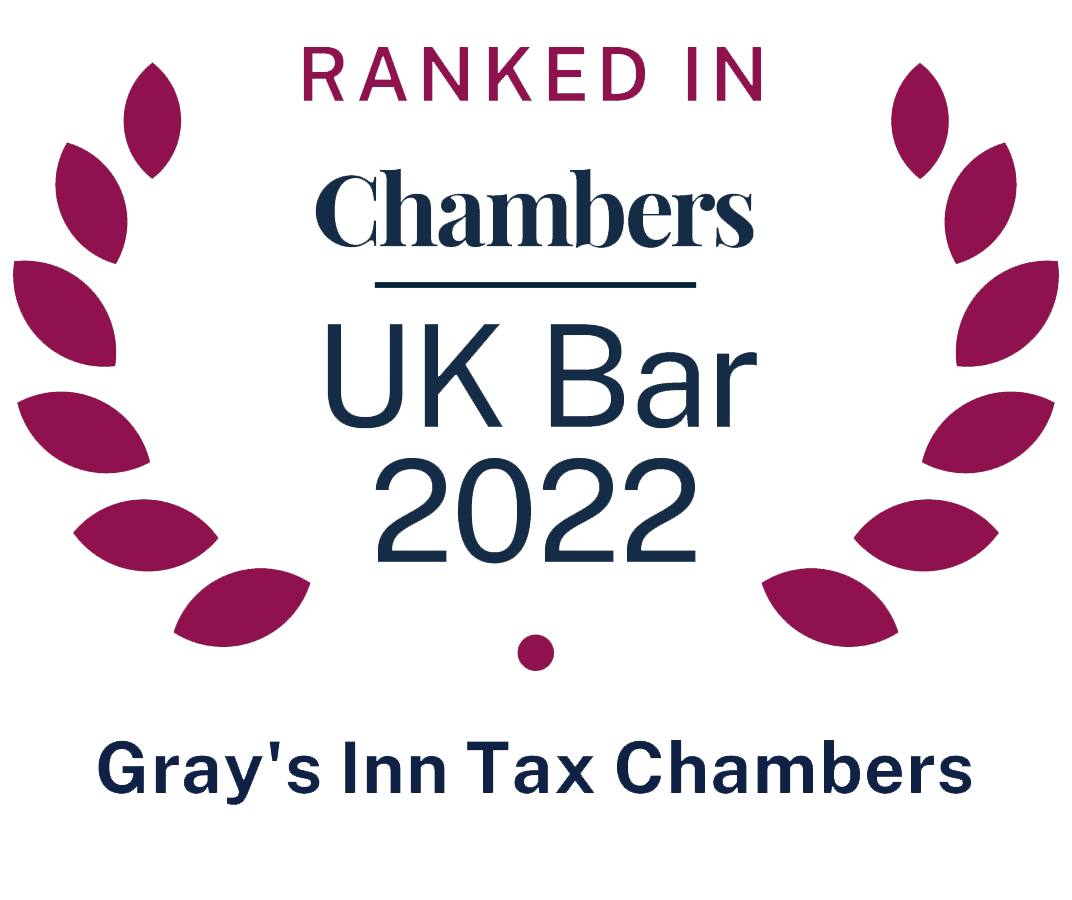Medivac is a company which manufactures goods specially designed for asthmatics and people suffering from acute rhinitis and eczema. In particular it manufactures a vacuum cleaner which uses a special filter designed to arrest even the most minute particles of dust as well as special bedding covers, a dehumidifier, an anti-allergen spray and an allergen medication system.
Customs carried out a review of the application of zero rating under item 2(g) Group 12 Schedule 8 VATA 1994 in relation to the supply of such goods for asthmatics and rhinitis and eczema sufferers and concluded that they were no longer capable of qualifying for zero rating
The Commissioners then applied this treatment specifically to the appellants products which it disputed and it appealed to the Tribunal.
Before the Tribunal the two primary issues were for whom were the Appellants products designed and were those people “handicapped”, which in that context and by virtue of Note 3 to Group 12 ibid. means “chronically sick or disabled”.
On the first issue the managing director of the appellants company who had been involved at all stages in the design process of all the items, and was the designer of the vacuum cleaner, gave evidence which was accepted by the Tribunal that the main purpose for which each of the products was designed was to reduce house dust mite allergen or to neutralise the allergens effect in those who were sensitive to it.
On the second issue expert evidence was given by Professor Ayres, Professor of Respiratory Medicine at Warwick University and a consultant at Birmingham Heartlands Hospital, explained that asthma is commonly described by reference to five steps. Step one being the mildest and step five being the most severe. A patient at step four or five will usually be chronically symptomatic and may be unable to work and quite often will be permanently impaired. When a sufferer falls within those steps he would be encouraged to look seriously at trigger factors which may include house dust mite allergen. Professor Ayres also described the term “chronic” in medical terms as meaning a condition that is long standing and not as implying a level of severity. He went on to summarise:
“Overall, therefore, asthma, rhinitis and eczema are all chronic diseases and a cause of disability in a proportion of some, but not all, patients. One of the major causes of these three conditions is allergic sensitisation to the house dust mite … I would recommend the use of mite controlled exposure in those patients who I would register as chronically sick or disabled as they experience significant distress or degradation of quality of life.”
There was also a subsidiary issue as to whether the anti-allergen spray was “equipment or appliance” and the Tribunal accepted it was.
Hugh McKay (instructed by Messrs. Travers Smith Braithwaite) for the Appellant through the Bar Pro Bono Unit






